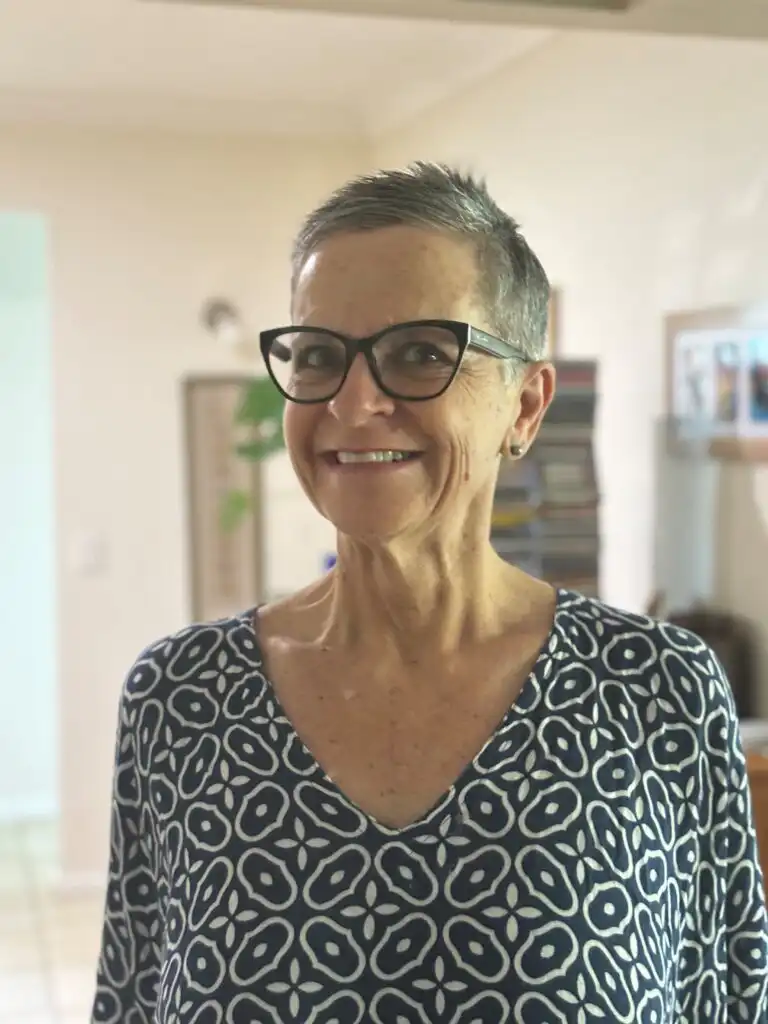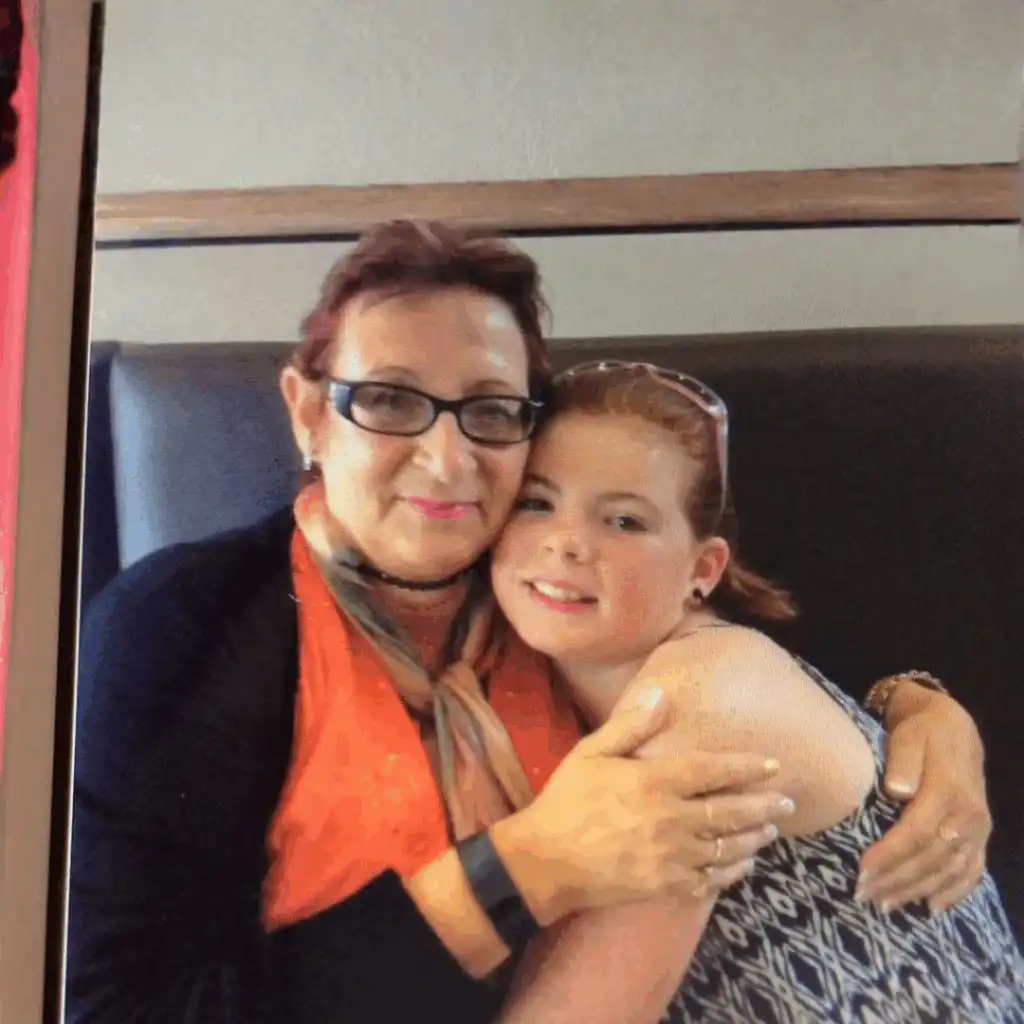Being diagnosed with lung cancer can come as a terrible shock, leaving you and your loved ones feeling uncertain, anxious and overwhelmed. There are also many decisions to be made including treatment at the various stages of the disease as well as emotional and practical concerns. It is important to remember that you are not alone and you do not have to make this journey by yourself.
Confirming your diagnosis
Make sure you discuss all of your symptoms with your doctor so that they can work with you to choose the best tests to confirm your diagnosis and help develop a treatment plan. There are many different types of diagnostic imaging and pathology tests used to accurately diagnose and stage lung cancer. Based on the diagnostic test results, your doctor will assign the cancer a stage which helps your health care team determine the best treatment.
Understanding your diagnosis
It is important to understand your diagnosis. You may have many questions and may not know where to begin or what questions to ask. Try to get as much basic, useful information about your cancer diagnosis as you can in order to make decisions about your care. Write down your questions and concerns beforehand and bring them with you.
Treatment
There is a wide range of treatments for lung cancer including surgery, radiotherapy, chemotherapy, immunotherapy and targeted therapy. The treatment recommended for you will depend on your lung cancer type, stage, general health and breathing capacity, as well as your personal wishes.
Your Multidisciplinary Team
You will be cared for by a range of health professionals, known as a Multidisciplinary Team, who each specialise in a different aspect of your treatment. Working with you, the team will develop a treatment plan to ensure you are provided with the best care.
It is also important to keep the communication lines open with your family, carers and doctors as well as discussing how you are feeling emotionally. To read about emotional support in lung cancer click here.
Was this page helpful?
Good job! Please give your positive feedback
How could we improve this post? Please Help us.



